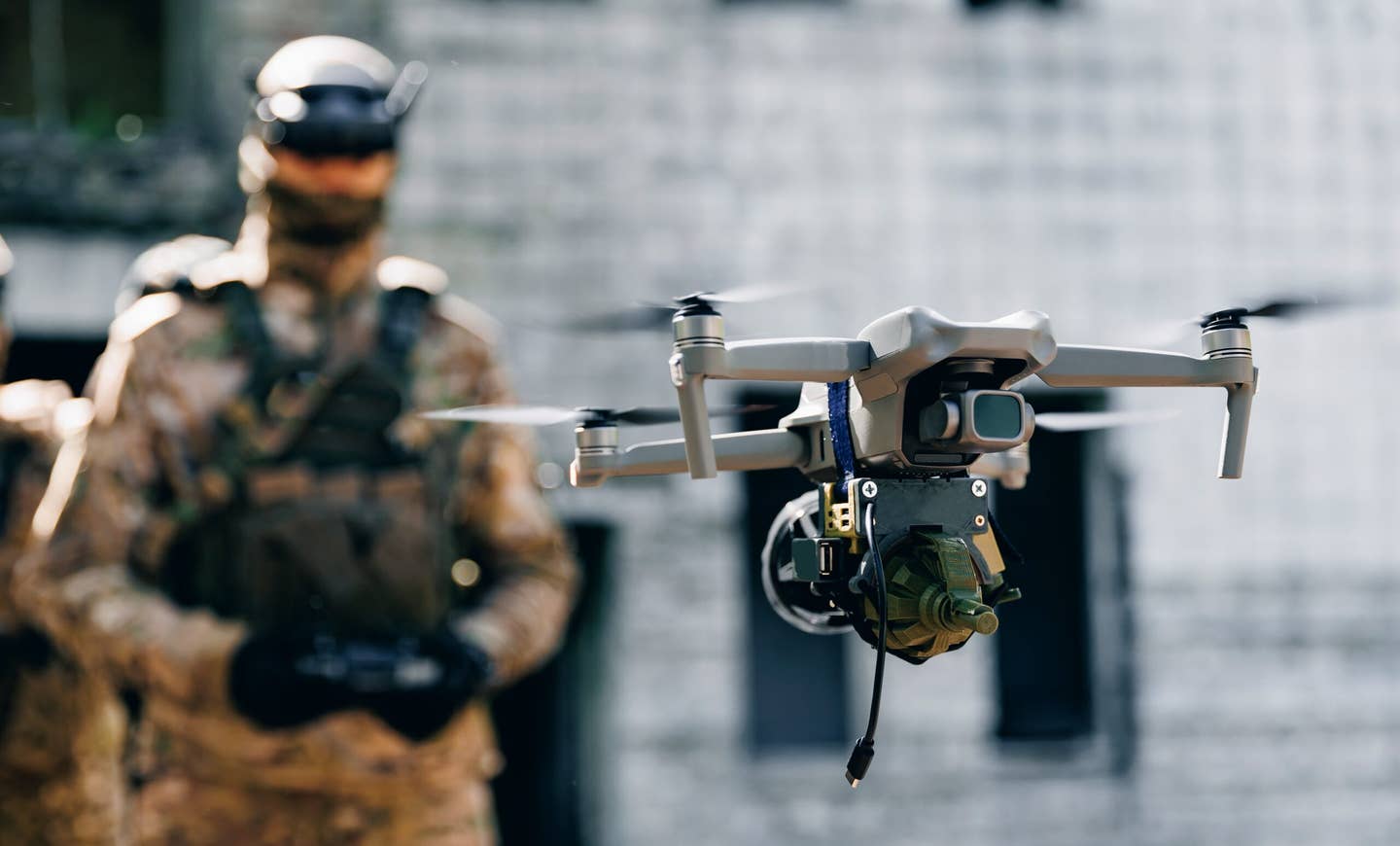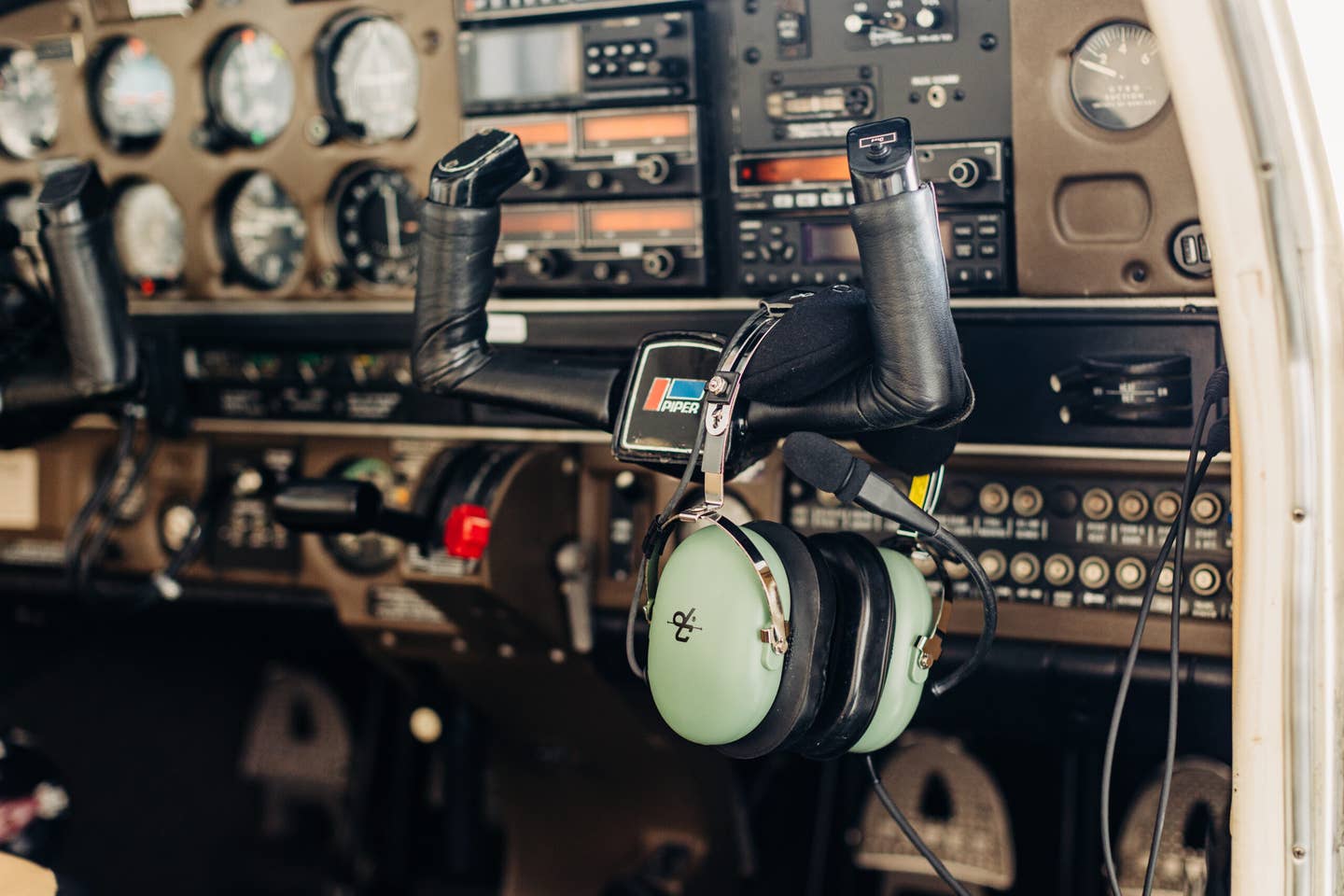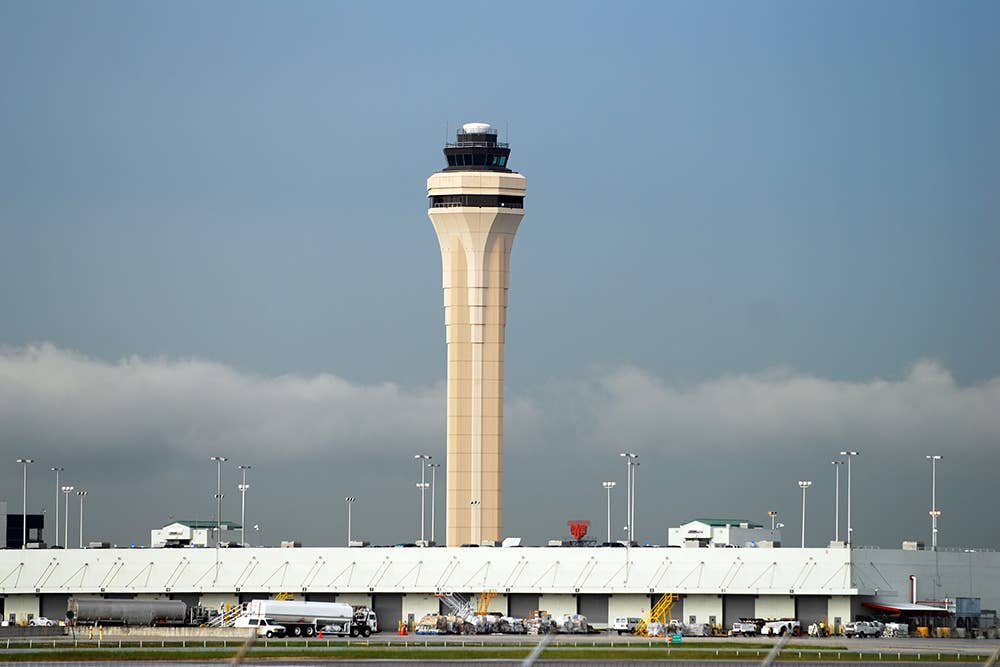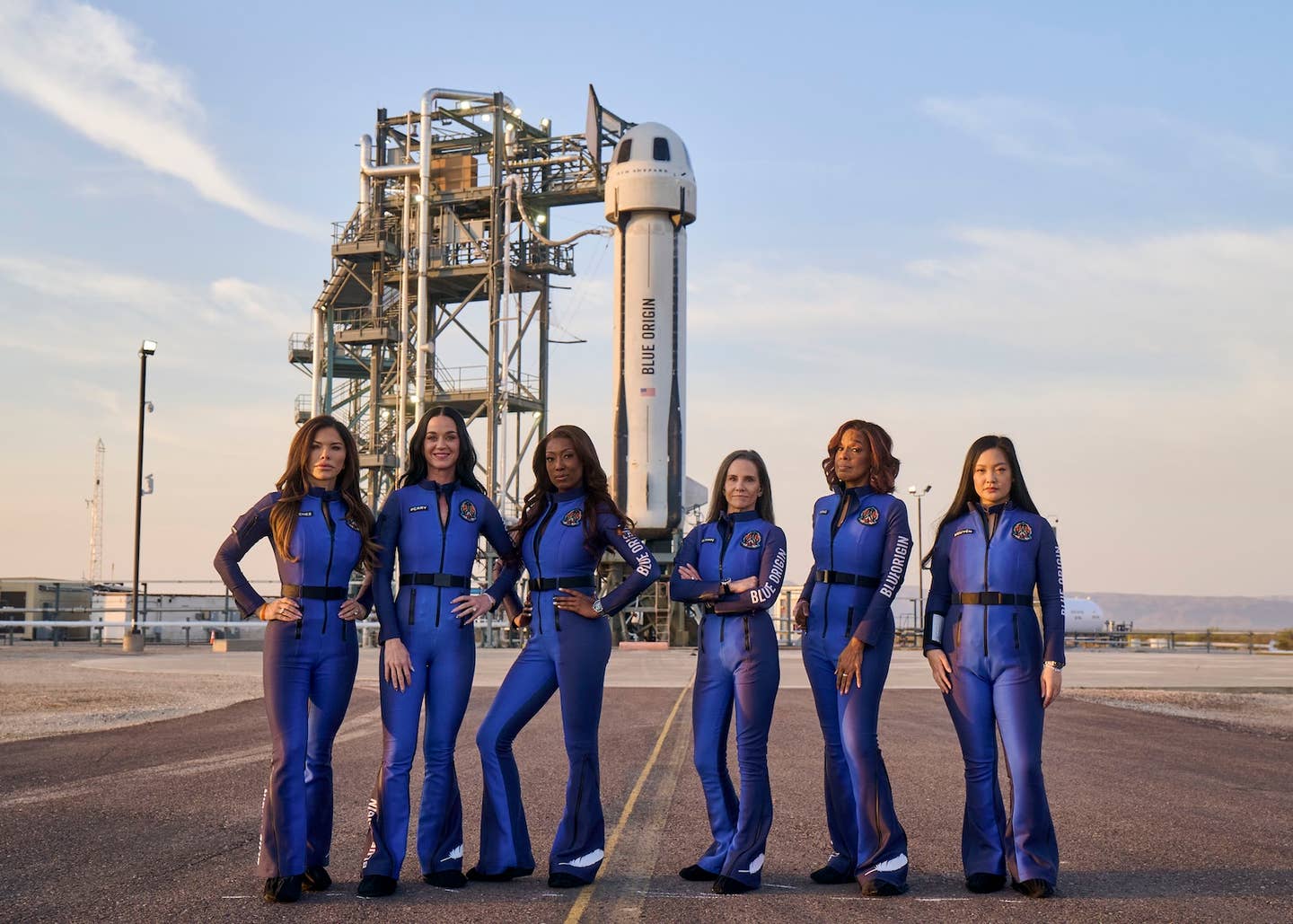Hyundai Launches New Business Targeting eVTOL Market
The Hyundai Motor Group has announced its evolution in the urban air mobility market with its new company, Supernal.
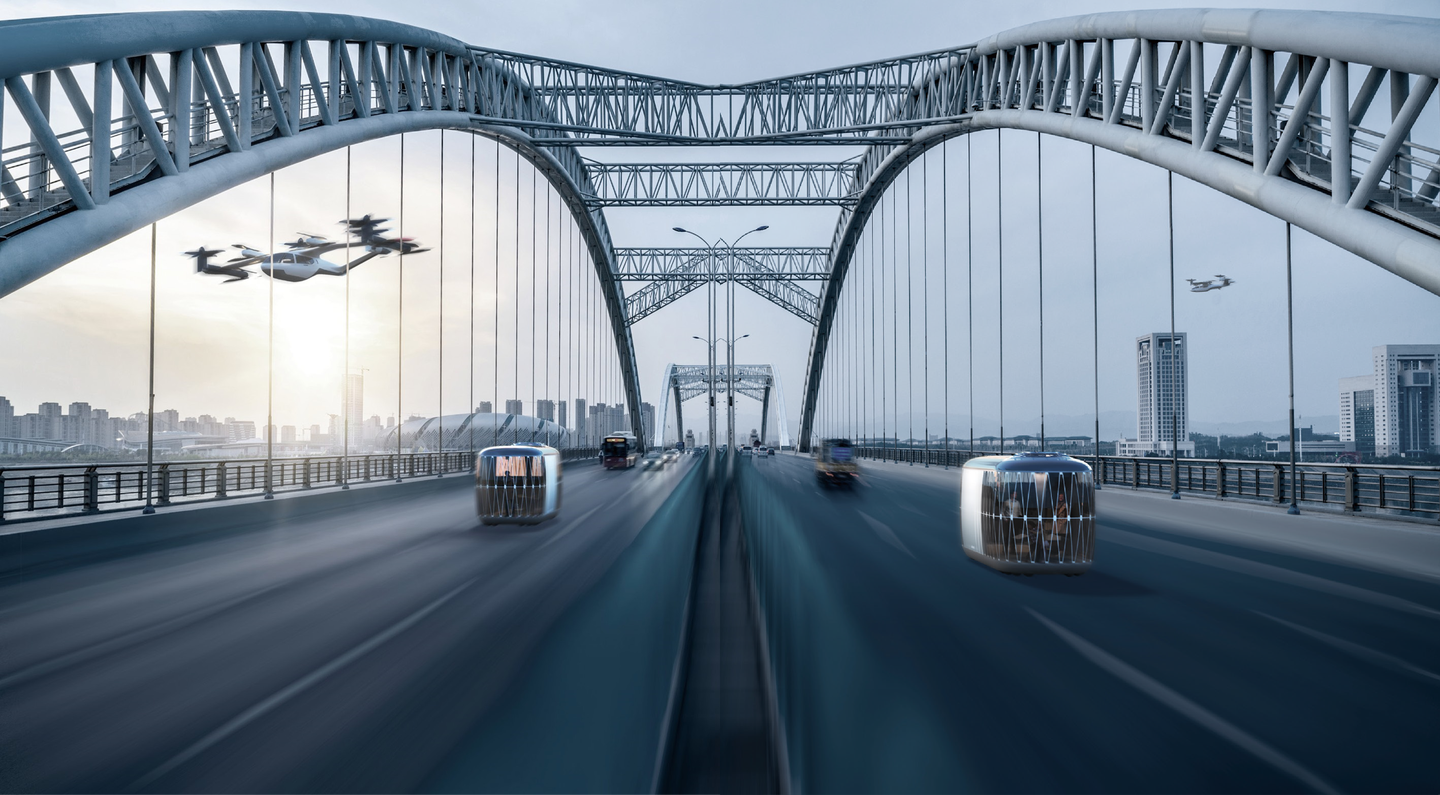
Hyundai has spun off its eVTOL division, creating a new company called Supernal to lead the charge. Supernal
The Hyundai Motor Group has announced its evolution in the urban air mobility market with its new company, Supernal.
Supernal, which will be based in the U.S., will lead Hyundai’s Urban Air Mobility Division, which is expected to develop “a family of electric air vehicles.”
“In adding a new dimension to mobility, we are on a mission to transform how people and society move, connect, and live,” said Jaiwon Shin, chief executive officer of Supernal and president of Hyundai Motor Group, in a statement. “We have bold ambitions at Supernal, but being first to market is not one of them. We are working to build the right product and the right integrated market, and we will leverage Hyundai Motor Group’s scaled manufacturing expertise to ensure AAM [advanced air mobility] reaches the right price point and is accessible to the masses.”
The company plans not only to produce products in the eVTOL market, but to also provide services throughout UAM infrastructure.
Much like Honda’s “mobility ecosystem,” Supernal plans to create an entire transit network. The company describes taking a car to a vertiport, taking off in an eVTOL, and riding an e-scooter for the last mile—all through a single app on your smartphone.
Hyundai previously introduced its initial concept eVTOL, the S-A1, at CES 2020 and has plans to begin the certification process in 2024. The S-A1 will be fully electric, capable of autonomous flight, and will seat up to five passengers in urban areas.
“We’re developing a commercially viable advanced air mobility (AAM) product from the start, designing and manufacturing our vehicle to the highest safety, noise, efficiency, and affordability standards,” said Ben Diachun, Supernal’s chief technology officer, in a statement. “Our growing team, which includes veterans of aerospace, automotive, and other deep-tech industries, is engineering sustainable vehicles that have the potential to evolve how we live, work, and play.”
Supernal has cited affordability as one of its most important factors to consider while developing its technology. The company plans to leverage artificial intelligence, autonomous control, electric powertrains, and mass production capabilities to advance their eVTOL technology and to keep costs at a minimum.
The company also plans to establish a “bench of academic partners” to bolster research efforts and talent pipelines.
“As an industry disruptor, we have a responsibility to ensure AAM integrates with and augments existing transit options and effectively serves local community needs. Developing the market— from the vehicle to critical infrastructure networks and public acceptance—takes thoughtful and strategic coordination; everything needs to align at the same time for AAM to reach its full promise,” Shin said.
Last year, Hyundai partnered with the city of Los Angeles and Urban Movement Labs to determine how public engagement and local policy will inform AAM efforts and timelines.
Hyundai also partnered with Urban-Air Port in the U.K. to develop multifunctional AAM infrastructure, set to showcase a full-scale vertiport next year.

Sign-up for newsletters & special offers!
Get the latest FLYING stories & special offers delivered directly to your inbox

